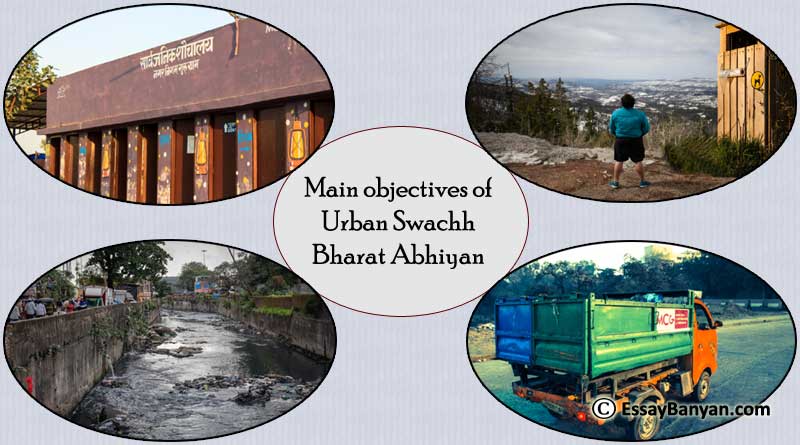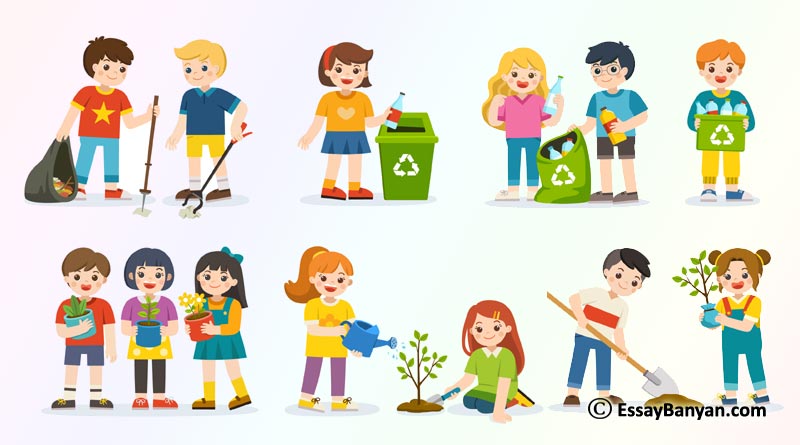The cleanliness campaign was inaugurated on a very wide scale and it has been distributed among various categories, as one of them is the Swachh Bharat Abhiyan for urban areas and the other is for village or Gramin, both are run by different ministries, under the same swachhata program. The Urban Swachh Bharat Abhiyan is headed by the Ministry of Housing and Urban Affairs.

The data shows the number of open defecation free districts increased every year, although the progress was very slow till 2019, we attained 100% results:

The Urban Swachh Bharat Abhiyan aims to cover all these objectives and make all cities clean and 100% ODF free. Open defecation leads to multiple diseases and it is the first thing that Swachh Bharat Abhiyan is concern about. The money spent on Individual household toilets is 4,165 crores whereas 655 crores for community toilets and 7,366 crores for Solid Waste Management. The government has also raised a fund of Rs.1,828 crore for various awareness programs. The overall money allotted for Urban Swachh Bharat Abhiyan is Rs. 14,623 crores. Overall the mission was marked successful and all the states marked themselves ODF free. Sikkim was the first state to hold this title.

This mission is headed by the Department of Drinking water & Sanitation and more than 5,99,693 villages have been declared open defecation free, whereas 699 districts, 35 states including UT, have been declared open defecation free and about 16,32,42,383 toilets have been constructed.
The main objective of Rural Swachh Bharat Abhiyan is to promote cleanliness and develop healthy habits in people in villages. People in rural India are not very much aware of health and hygiene, which leads to several diseases especially in children and it results in child mortality. Every year the government spends lots of money on the treatment of various diseases, caused by unhealthy habits. So, it’s better to make people aware of health and hygiene, as this will not only keep you healthy but also save your money.

The Swachhta Abhiyan also contains special programs for students. As we know children are the future of any nation and they play a very important role in the development of the nation because once they will adopt cleanliness as their habit, the nation will grow clean. Keeping this in mind the government started various cleanliness programs for children, by various ministries.
A cleanliness program specially organized for the betterment of students, so that they could be provided with proper toilets and to develop hygiene habits in them. It also focuses on building separate toilets for boys and girls.
A program led by the Ministry of Education and Health and it is celebrated on the occasion of Children's Day and lasts for five days, the birth anniversary of Nehru from November 14 to November 19 being the birth date of Indira Gandhi. It is also a part of Swachh Bharat Abhiyan and the main objective of this Bal Swachhata Abhiyan is, to develop hygiene habits in children from a very young age. Children are the future of any nation and when we develop healthy habits in them from a very young age, they will develop it as their habit and a healthy habit will always keep them safe and energetic.
In this five-day campaign each day is celebrated with a different theme:
The campaign aims sanitation but on a broader scale, including personal as well as social hygiene. It aims to develop proper sanitation and the use of technology for waste management. There are some important possibilities for hygienic development discussed below.